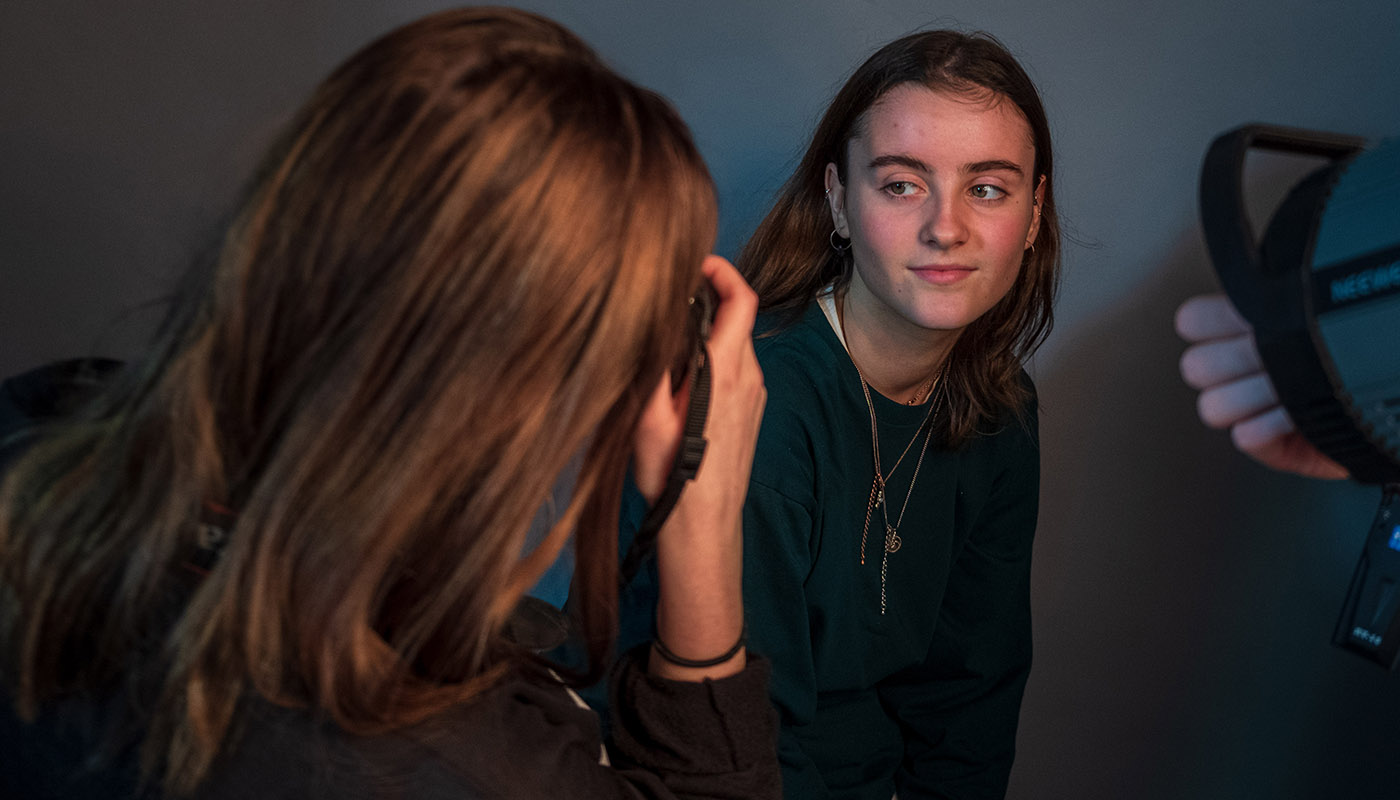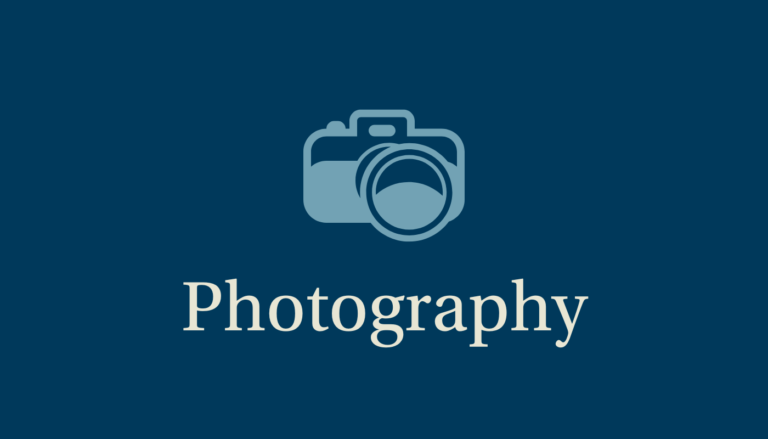A portable hard drive to store and edit your images from is crucial for the photography course. Most of the students use a��.��The Hard drive should be formatted to work on both PC’s and Mac’s (FAT 32).
A portable hard drive����allows student to save and edit their work in photography. The student will also back up their work via the Onedrive (cloud storage)��which is free for the students to use on the course.
While studying photography at 91ߣ����Ƶ Deane’s you’ll be using a��Digital SingleLens Reflex camera (DSLR)��for your photography projects.��
SD CARDS
Sandisk SD��16 or 32 GB��Cards��x��2��Please buy from somewhere that is a reputable supplier, Amazon,��etc��as there are lots of fakes floating around on ebay.
��At the time of writing September 2021,��16 GB Sandisk cards are £5.49 each.
����small��permanent marker��pen��to write your name onthe��SD��cards.
�䴡�ѷ��鴡����
We have cameras and other equipment to take out on loan from college for those students who don’t have their own DSLRs, so please don’t worry you will be given a camera if needed.
DO NOT buy Canon DSLR 4000D or 2000D, 250DSL3��or any camera��without a hot shoe central pin, it will be��no use for working with flash or studio lighting.See link here….
It’s best to buy a camera secondhand from a supplier such as��
The Nikon 3200 with an 18-55mm lens is a good option…
The lens…
We have no��relationship��with any camera supplier, but there are plenty of entry level��second hand/nearly new��DSLRS’s on��the market��from camera exchanges and private sellers, we use��Nikon DSLRS at the college,��D3300, D3400and D35000��and have a range of��Nikon��lenses the students can take out on loan.
“Mirrorless” cameras are also��fine,��but they need to have��easily��accessible, usable��manual��controls��(we only shoot manual).��Please��ask before purchasing one of these.
IF YOUR UNSURE WAIT UNTIL YOU STARTCOLLEGE AND THEN ASK WHAT’S SUITABLE
The advantage of a student having their own camera is they get to know the controls more quickly, when the controls and settings are second nature they can start to work more intuitively.
I feel it is often better to purchase a 2nd hand camera as most of the money will be recouped if you decide to sell the camera and lens at a later date.
Please don’t buy a camera on the recommendation of a salesperson, if you are unsure what to purchase please email: murray_j@sjd.ac.uk

